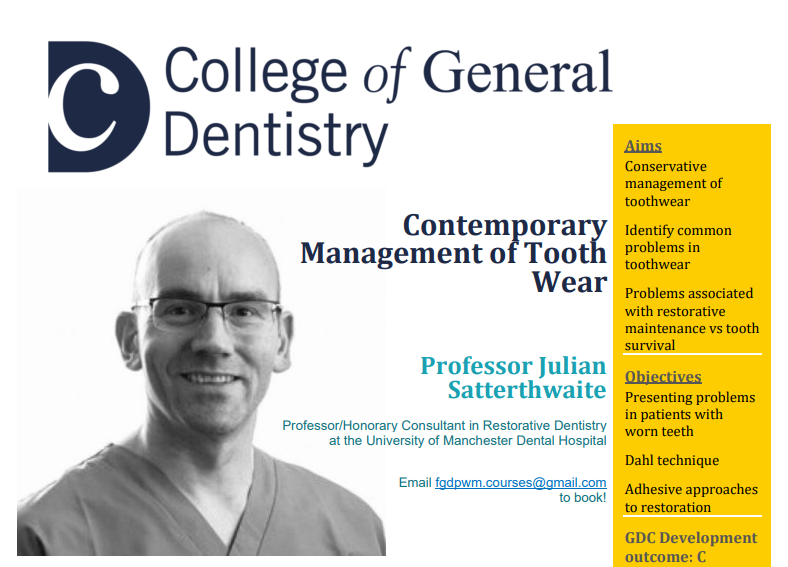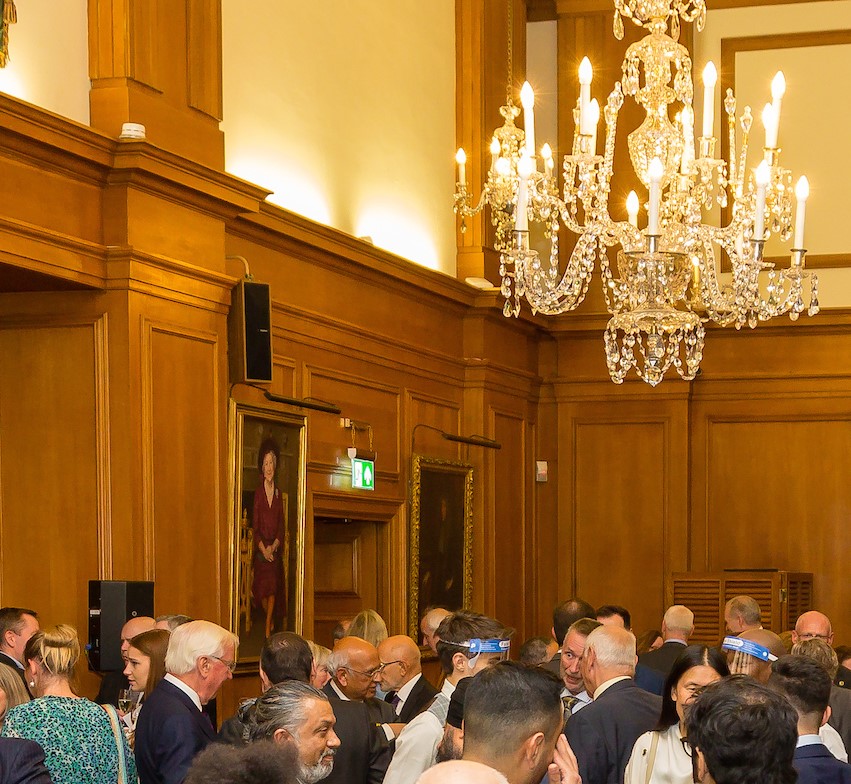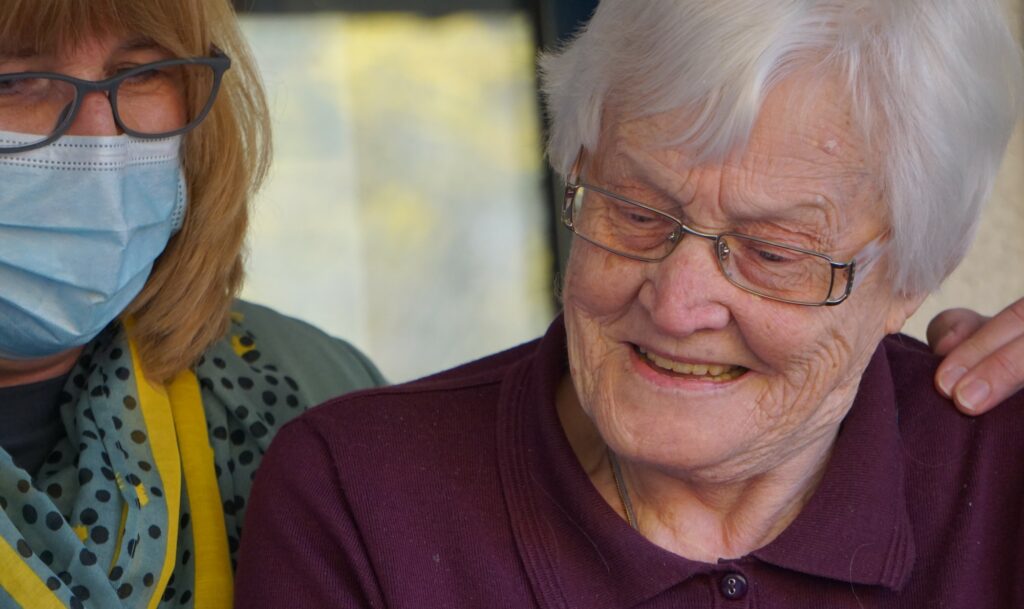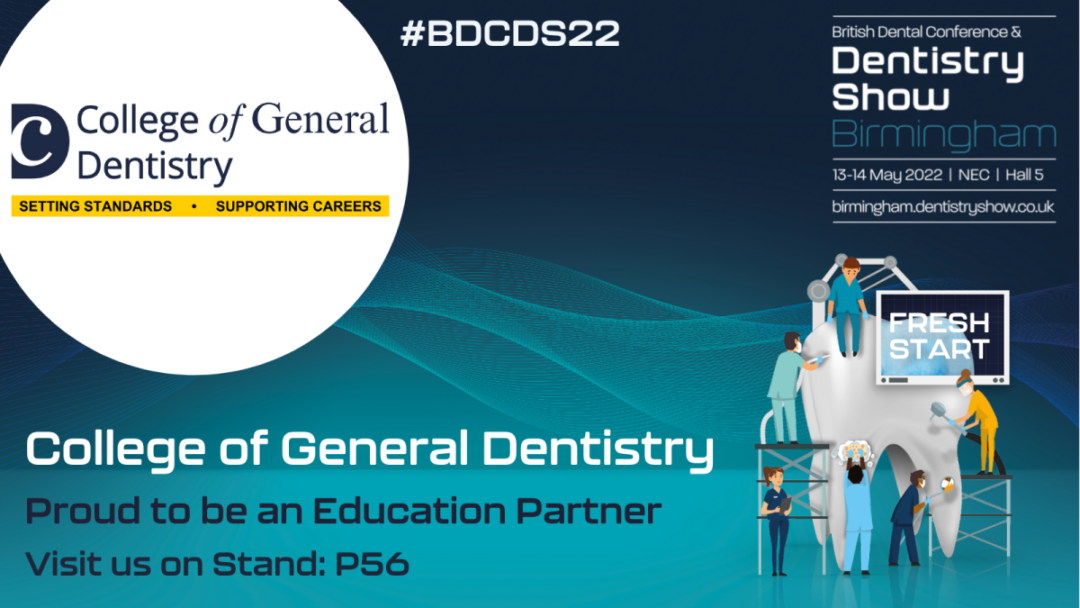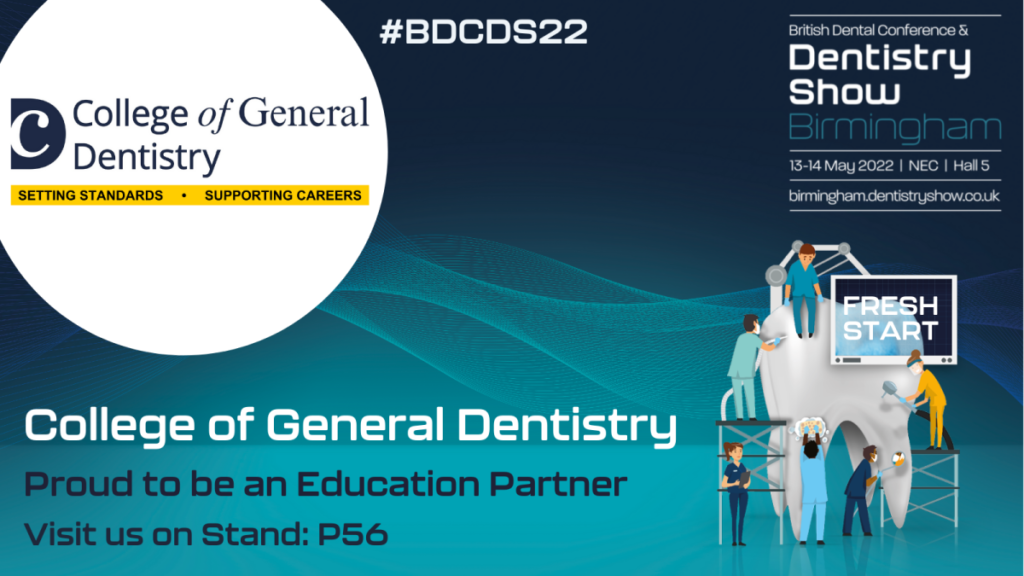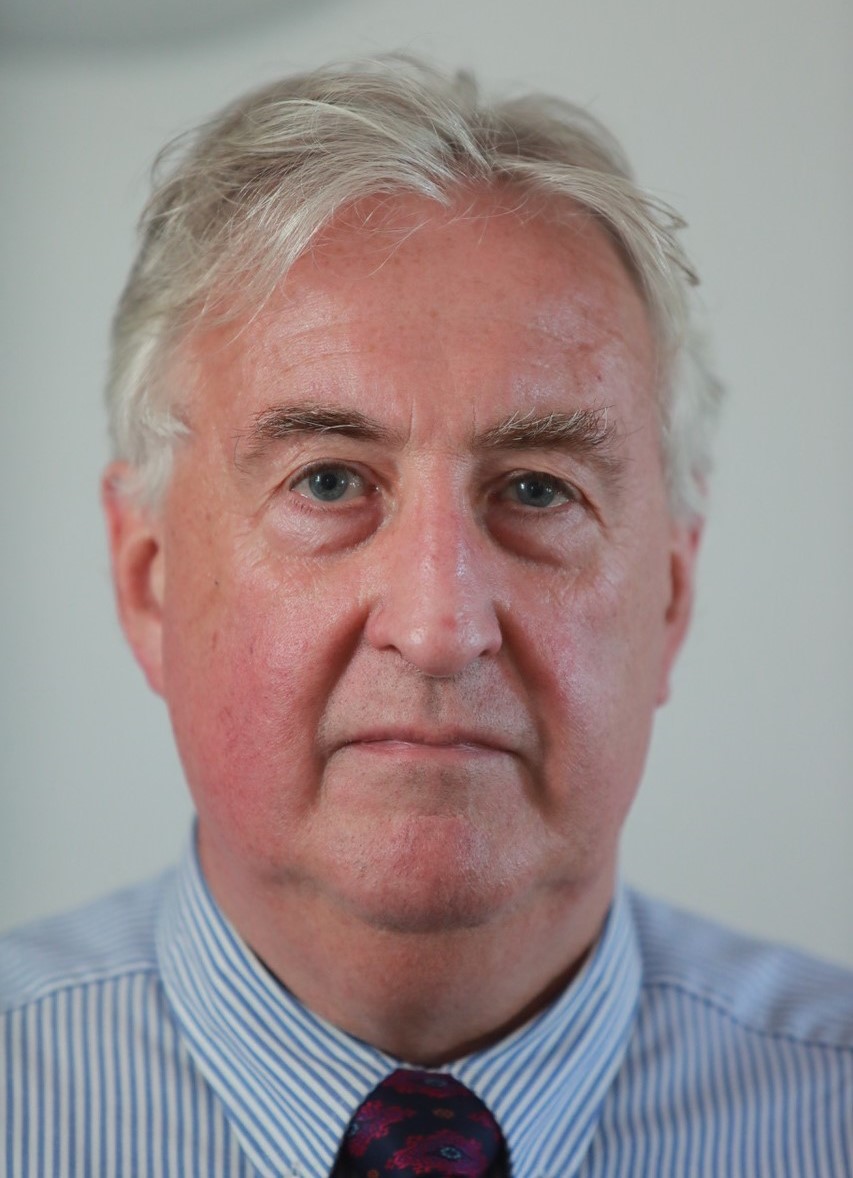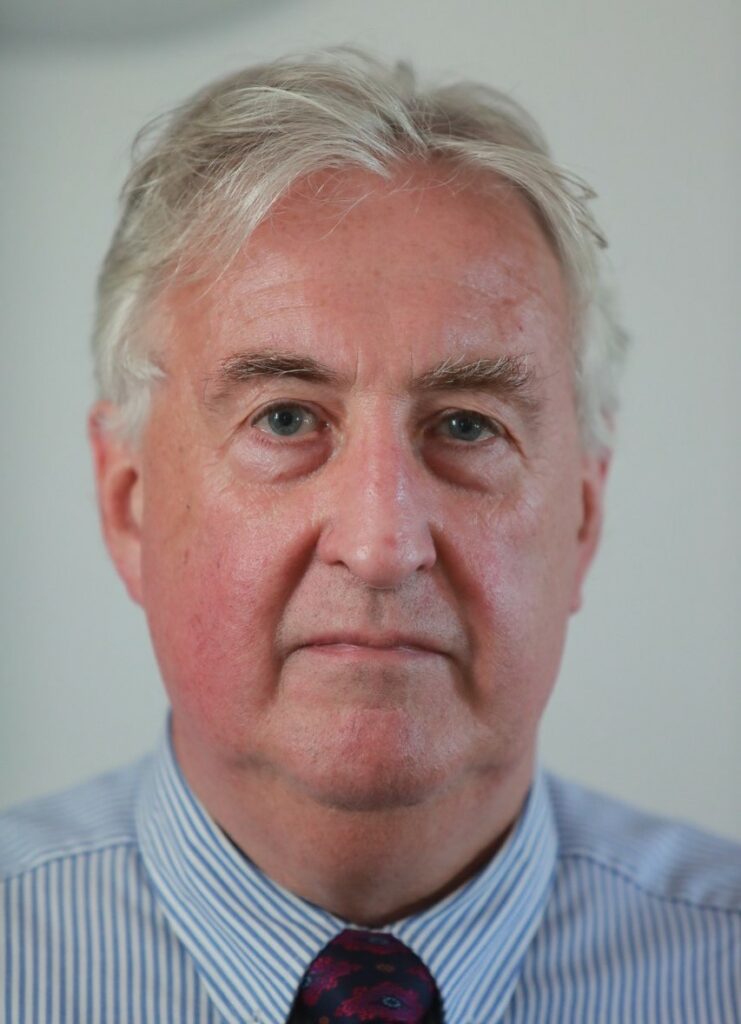Professor Paul Batchelor FCGDent, Associate and Dental Group Chair at the Centre for Sustainable Healthcare, explores the issue of sustainability in dentistry and what practices can do to support it.
Introduction
While sustainability has entered the lexicon of everyday language, its precise meaning and the key issues surrounding it can appear vague. Without this understanding of meaning trying to address issues becomes almost impossible. This blog attempts to overcome the lack of clarity by providing a definition to sustainability and how the dental sector can potentially make a contribution to what is becoming one of the most critical issues of our time. The blog is divided into two main sections: the meaning of sustainability and the contribution that the dental system could make.
What is meant by sustainability?
In broad terms, sustainability refers to the actions taken to ensure that the activities of the current generation in meeting their needs have no, or minimal, impact on the environment. The key document influencing current policy on sustainability was published by the Brundtland Commission titled “Our Common Future” 1. The report recognised three pillars to sustainability: the environment, the economy and society. For the environmental pillar the underlying philosophy was underpinned by a need to reduce the current human consumption of natural resources to a level at which they could be replenished. The economic pillar, referred to the ability of communities to maintain their independence, not least to secure sources of livelihood and the third pillar, social sustainability, meant access to resources to keep their community and society healthy and secure.
The United Nations, as part of its role in sustainability, established a knowledge hub to provide guidance on sustainable development issues, one of which centres on health2. Although high level, the material presented covers a wide range of activities highlighting how individuals and agencies can help and engage in the challenges. Indeed, FDI World Dental Federation (FDI) issued a statement on sustainability in the dental sector with policy recommendations including:
- The prevention of oral diseases and the promotion of health should be recognized as the most sustainable way to ensure optimal, accessible and affordable oral health with minimal impact on the environment.
- The dentist as leader of the dental team should take steps to educate all of the dental team on sustainability practices and simultaneously reinforce that the safety of the patient and the quality of care provided should always be the team’s primary concern3.
This work has been taken forward and the FDI will be publishing a consensus statement in the next month or so on the major challenges facing the oral health care sector and the opportunities to deliver sustainable oral health care.
How can the dental system contribute?
Dental care delivery is provided in the vast majority, through a series of small businesses. However, the actual dental ecosystem is far wider. The day-to-day running of a dental practice requires energy, materials and transport to name but three items. Each of these businesses can make a contribution through initiatives that help create a sustainable environment in a logical process similar to those found in a business plan. The first step is to understand the impact that the business is having: how much waste is the business creating, issues such as energy usage within a practice, the use of materials and their packaging. A good example of this is the work by Duane et al. (2017) 4 .
Following on from understanding the issues, opportunities for addressing the problems need to be identified and while no two dental practices are ever the same, potential solutions would have common themes. For example, are there opportunities for using (more) sustainable materials? How might energy usage be both reduced or more reliant on renewable sources? Are there ways to explore how patients use services and do opportunities for health promotion programmes exist at differing sites as opposed to one-to-one interventions?
The dental professions can make a contribution to sustainability both within their professional roles but also as individuals. Sustainability is not simply about the environmental aspects; it also involves the economic and societal aspects. A number of these lie outside of the control of the profession but Government can make contributions, perhaps not least with appropriate contract reform. To tackle these and other issues, including how covid-19 has impacted and what lessons are being learnt, the College is running a webinar on 28 February at 7pm ( Sustainability in Dentistry and Healthcare – watch recording here). For individuals with an interest, the Centre for Sustainable Healthcare also runs a programme on some of the key issues and how it relates to dental care (https://sustainablehealthcare.org.uk/courses/sustainable-dentistry).
Summary
Sustainability has grown in importance with the recognition of the negative impact that uncontrolled economic growth is having on the planet, the negative consequences of which would be felt not just by present generations but those of the future.
All societies have now recognised the importance of managing the environment to help address the negative consequences of unchecked growth but also how developments in the economy and society can also contribute. Provision of health care, including oral health care, is a fundamental right and Government needs to work with the profession to ensure that care arrangements are developed in a manner which is coterminous with sustainable goals.
Each individual dental care worker can contribute to helping achieve the sustainability goals both through their professional roles and as individuals on a day-to-day basis. While such contributions may appear to be small or even insignificant, together they will make a major contribution to a better world not just for the present but also the future.
References
- Report of the World Commission on Environment and Development: Our Common Future. The Brundtland Commission. United Nations.(1987) Available at: http://www.un-documents.net/our-common-future.pdf (Accessed 20 February 2022).
- Sustainable Development Goals: Goal 3 – Good Health & Well-being. Available at: https://sdg.iisd.org/tag/global-sustainable-development-report-gsdr/ (Accessed 20 February 2022)
- Sustainability in Dentistry Statement. FDI World Dental Federation. May 2017, Madrid, Spain. Available at: https://www.fdiworlddental.org/sustainability-dentistry-statement (Accessed 20 February 2022).
- Duane B, Lee MB, White S, Stancliffe R, Steinbach I. An estimated carbon footprint of NHS primary dental care within England. How can dentistry be more environmentally sustainable? Br. Dent. J., 223 (2017), pp. 589-593. Available at: https://www.nature.com/articles/sj.bdj.2017.839 (Accessed 20 February 2022).
Further resources
For a range of online resources on sustainable dentistry including practical advice on how to reduce your practice’s impact on the environment, visit our environmental sustainability in dentistry page.
Professor Paul Batchelor FCGDent will be delivering a CGDent lecture on Sustainability in Dentistry and Healthcare on Friday 6 October 2023, 9:15-10:00, at Dentistry Show London.
The CGDent webinar on Sustainability in Dentistry and Healthcare, took place on Monday 28 February 2022 – watch the recorded webinar here. Our on-demand webinars are free to view for CGDent members and are available to non-members for a small fee.
Sign up to our monthly newsletter




